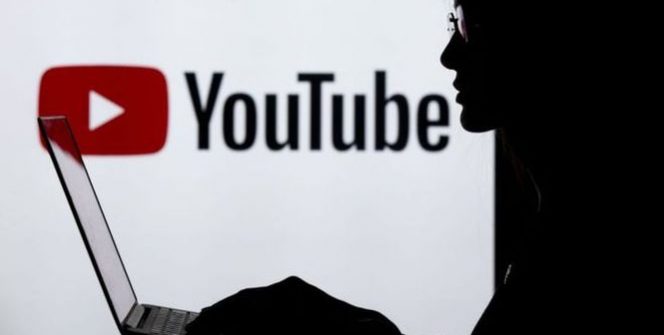The US Federal Trade Commission (from now on, we’ll just use their acronym: FTC) has taken a swipe at companies and influencers who make false or misleading reviews.
Many influencers in the US often advertise products and services on social media platforms for money. There are also quite a few of them in the video games sector, but now they could be in trouble if they try to create fake and/or misleading sponsored ads and content, as the FTC would straighten out the currently confusing advertising rules. The draft openly targets advertisers who try to target children with hidden ads.
All major publishers are trying to advertise their games through influencers (and we recently wrote about Electronic Arts, which is looking to add many more people to its program to do so). Samuel Levine, head of the FTC’s Bureau of Consumer Protection, said, “We’re updating the guides to crack down on fake reviews and other forms of misleading marketing. We’re warning marketers about stealth advertising that targets kids. Whether it’s fake reviews or influencers, who hide that they were paid to post, this kind of deception results in people paying more money for bad products and services, and it hurts honest competitors.”
To quote the FTC’s revisions, “Clarified that fake reviews are covered under the guides and added a new principle that in procuring, suppressing, boosting, organizing, or editing consumer reviews, advertisers should not distort or misrepresent what consumers think of their products. This would cover review suppression like in the FTC’s recent Fashion Nova case; Clarified that tags in social media posts are covered under the guides and modified the definition of “endorsers” to bring virtual influencers—computer-generated fictional characters—under the guides.”
In 2015, the FTC took action against Machinima, a YouTube network for deceptive Xbox One ads, and this new proposed rule change could ring some alarm bells…
Source: PSL
















Leave a Reply